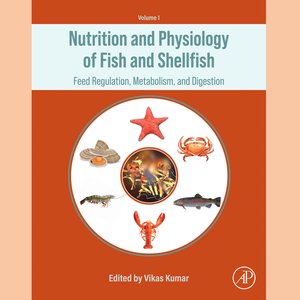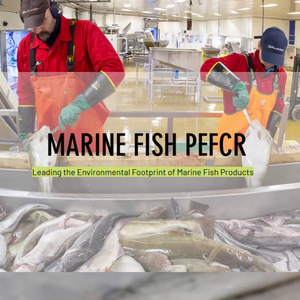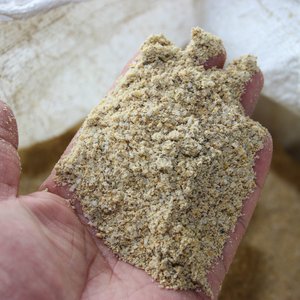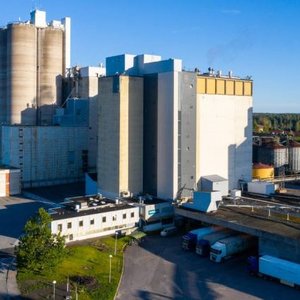Opinion - Red rag to a bull
It is considered quite acceptable to import wild salmon from Alaska because it is considered sustainable by the MSC even though it has to travel around most of the world to get to Europe. By comparison, importing farmed salmon from Chile appears to be a definite no-no. That is according to the WWF in Europe who have placed Chilean farmed salmon on their red list. The rationale for this decision is unclear but then most decisions made by the WWF are beyond comprehension.
This week, Mark Powell, global director for seafood at the WWF, has had to issue an apology and admit that the WWF had made a mistake in recommending that European consumers should not buy pangasius. According to Seafood.com, Mr Powell also pledged to remove pangasius from the red list and to encourage European consumers to keep buying the fish.
However, whilst offering to remove pangasius from the red list, Mr Powell has not moved it back to the yellow list, nor has he put it on the green list of fish that consumers should be eating, which is where it should be. Instead, Mr Powell has agreed to place pangasius on a new list of ‘on the way to sustainable development’. Effectively, what this means is that the WWF’s jury is still out. They will support pangasius producers as long as they show that they are moving towards the WWF’s view of sustainable development i.e. that they become certified by the Aquaculture Stewardship Council.
If this is the case, then every single farmed fish that appears on the WWF fish to avoid list should be reallocated onto this new work in progress list. No farmed species should be blacklisted or red listed as the WWF prefer to call it. Every producer should be given the opportunity to prove their sustainability before they can be judged by the WWF. These lists should be reserved for wild caught fish only, especially as the ASC is not even able to certify any producer as yet.
Interestingly, the Aquaculture Stewardship Council’s CEO has just been given the boot. The ASC say that his departure was always part of the plan and that he was only in place during the development stage of the organisation. It was always planned that a new CEO would be put in place to bring the ASC to market. This seems a lot of nonsense but then the whole idea of having to sustainably certify something that is already inherently sustainable is nonsense anyway.
If the whole point of the Marine Stewardship Council is to protect wild stocks from collapse, and the Forest Stewardship Council is to protect rain forest from illegal felling, then what is the ASC supposed to be protecting? The WWF’s Mark Powell is not only out of touch with his red listings, he is out of touch with aquaculture.
[Source: Excerpted from ReLAKSation no 482, a newsletter from Callander McDowell]







